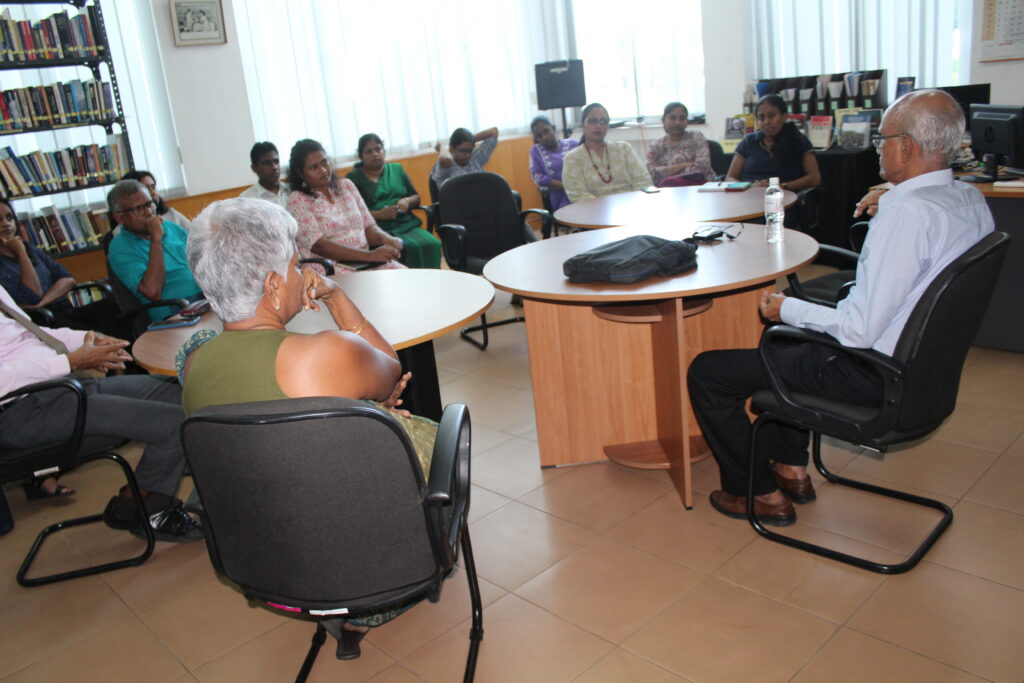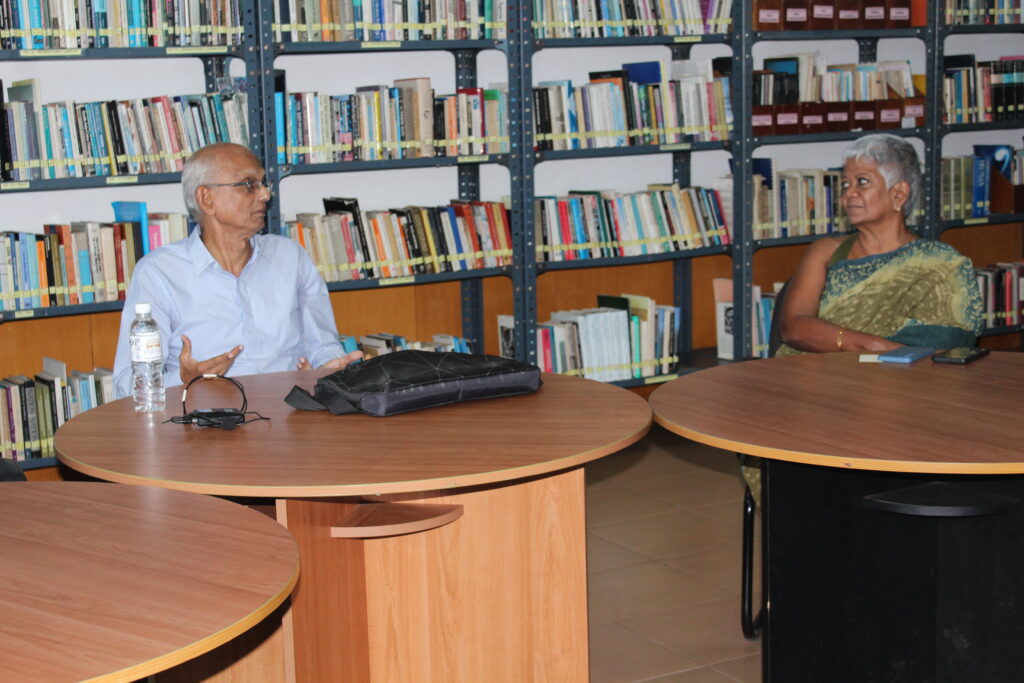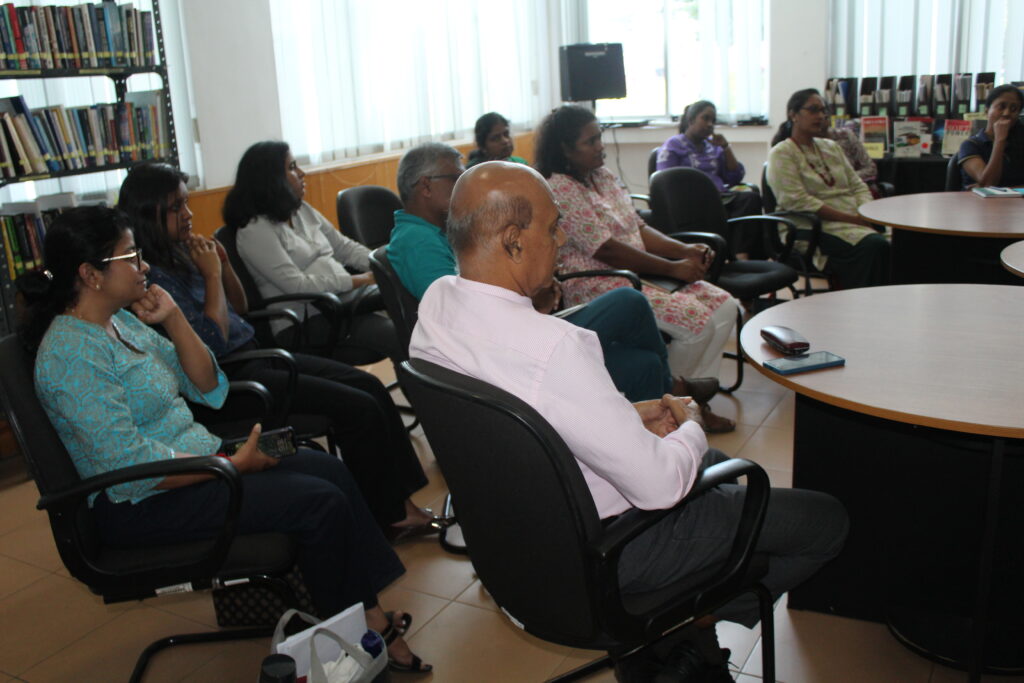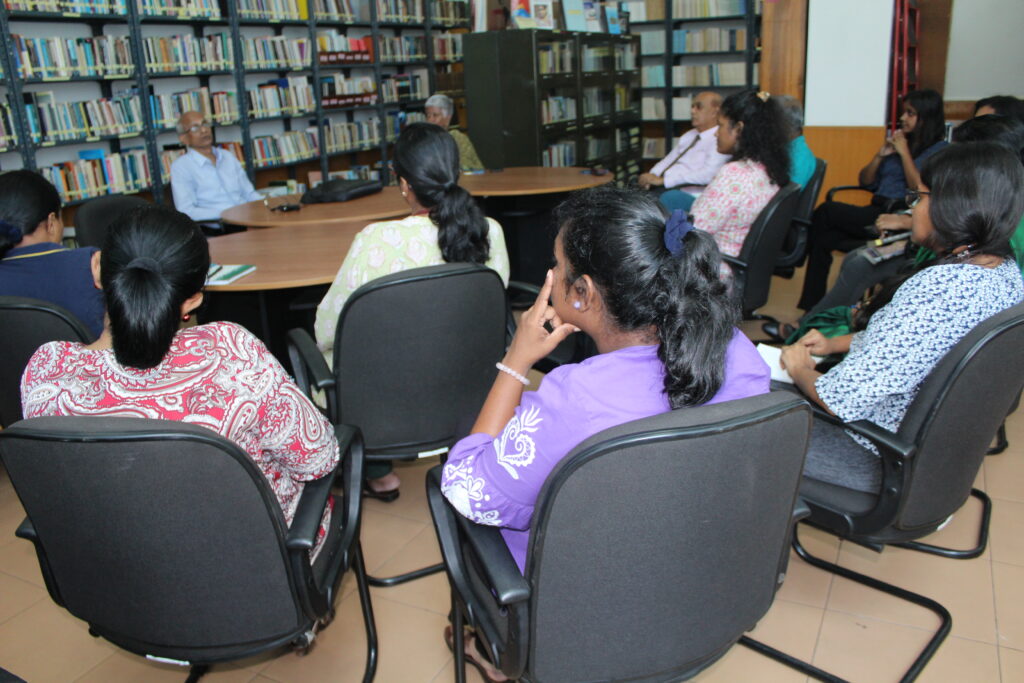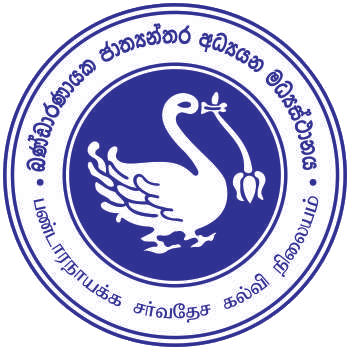The Human Library Forum of September 13th, 2024, held at the BCIS Library featured Mr. Lynn Ockersz, Associate Editor and Business Editor of ‘The Island’ and a former Director at the Bandaranaike Centre for International Studies, as the Resource Person. By way of providing some biographical information, Mr. Ockersz said that he has been a journalist and an Editor in the local print media since early 1982. A notable feature of his journalistic career consists in the fact that he has written a weekly column on International Affairs to the newspapers he has worked for, without a break, since He took up journalism as a career. That is, for the last 43 years.
Focusing mainly on the current Middle East crisis in his presentation, Mr. Ockersz pointed out that the continuous bloodshed in the region, which has spiked markedly since October 7, 2023, has all the characteristics of a civilizational crisis and not merely that of an international political debacle. For example, human life is being snuffed out by both sides to the conflict interminably and unconscionably. Thus, the bonding between humans is being destroyed and human understanding and empathy are being steadily undermined. This crisis is being compounded by the fact that the UN system is being compelled to look on helplessly while humanity is being savaged. International Law seems to be silent as well.
During the discussion which followed his initial observations, Mr. Ockersz pointed out, among other things, that the crisis in the Middle East is presenting the international communities with issues of a highly complex kind. Perhaps, UN reform, in the form of an expanded UN Security Council to include more major powers, such as India, Brazil and South Africa, could help somewhat in curtailing the decisive power of the current UNSC permanent member states, which factor has stood in the way of resolving crises, such as that in the Middle East. Besides, the rejuvenating of people-based international peace movements could play a role in lessening the severity of the crisis, as was the case with Vietnam in the seventies. The popular peace movements that came into being internationally in the wake of the Vietnam crisis made it rather difficult for the US government to continue with its military intervention in Vietnam.
Mr. Ockersz also pointed out to the bipolar international power system which existed in the world from the forties until the nineties of the last century, which had the effect of curtailing the tendency of the superpowers to act too arbitrarily in crises. With the crumbling of the Cold War all such restraint has been eroded and it is possible for the US, for instance, to act uninhibitedly to further its power aspirations globally. All in all, since the ending of the Cold War, the political Right is playing a major role in global politics. Israel’s unchecked power in the Middle East needs to be seen in this light.
